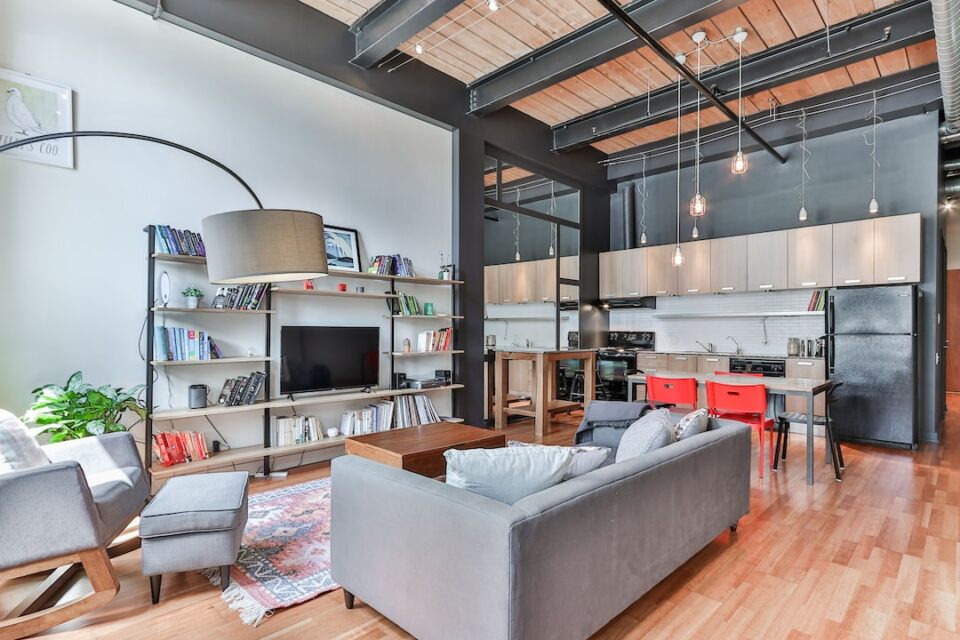The Pros and Cons of Buying a Fixer-Upper
Buying a fixer-upper can be an enticing option for homebuyers looking to save some money or put their own personal touch on a property. On the surface, it may appear to be a great opportunity, but before jumping in headfirst, it’s important to weigh the pros and cons. In this blog post, we will explore the advantages and disadvantages of buying a fixer-upper.
Pros:
1. Lower purchase price: One of the biggest advantages of buying a fixer-upper is the potential for a lower purchase price. Properties in need of renovation or repairs often sell for less than move-in ready homes in the same area. This can be a significant cost-saving opportunity for homebuyers on a tight budget.
2. Customization potential: When you purchase a fixer-upper, you have the freedom to make design choices that align with your personal taste. From choosing the paint colors to selecting the flooring material, you can customize every aspect of your home to create a space that truly reflects your style.
3. Increased property value: When you invest time and money into renovating a fixer-upper, you have the potential to significantly increase its property value. By updating outdated features and addressing necessary repairs, you can create a home that not only meets your needs but also has the potential for a higher resale value in the future.
4. Learning experience: Taking on a fixer-upper allows you to gain valuable knowledge and skills in home improvement. Whether you choose to do the renovations yourself or hire professionals, you’ll likely learn a great deal about construction, renovation, and project management. This knowledge can be beneficial when dealing with future home improvements.
Cons:
1. Hidden costs: While the lower purchase price of a fixer-upper may be appealing, it’s essential to factor in the potential hidden costs. Renovations and repairs can quickly add up, and it’s crucial to have a buffer for unforeseen expenses that may come up during the process. Being financially prepared is essential to avoid getting overwhelmed by unexpected costs.
2. Time-consuming: Renovating a fixer-upper is a time-consuming process that requires patience and commitment. From planning and designing to executing the renovations, it can take weeks, if not months, to complete the necessary work. This can be especially challenging if you have a tight timeline or if you need to move in quickly.
3. Stress and complications: Renovations often come with their fair share of stress and complications. Unexpected issues may arise during the renovation process, potentially increasing costs and causing delays. Additionally, managing contractors and coordinating various tasks can be overwhelming, especially if you don’t have prior experience in project management.
4. Uncertain return on investment: While fixing up a property can increase its value, there is no guarantee that you will recoup your investment when it comes time to sell. Real estate markets are unpredictable, and factors such as location and overall market conditions can impact your potential return on investment. It’s essential to thoroughly research the area and take into account market trends before purchasing a fixer-upper.
Conclusion:
Buying a fixer-upper can be a rewarding venture, but it comes with its fair share of risks and challenges. It’s crucial to carefully consider the pros and cons before making a decision. If you have the necessary resources, time, and expertise, a fixer-upper can provide an opportunity to create your dream home while potentially increasing its value. However, be prepared for the possibility of hidden costs, time-consuming renovations, and uncertain returns. Ultimately, the decision to buy a fixer-upper should align with your lifestyle, budget, and long-term goals.

